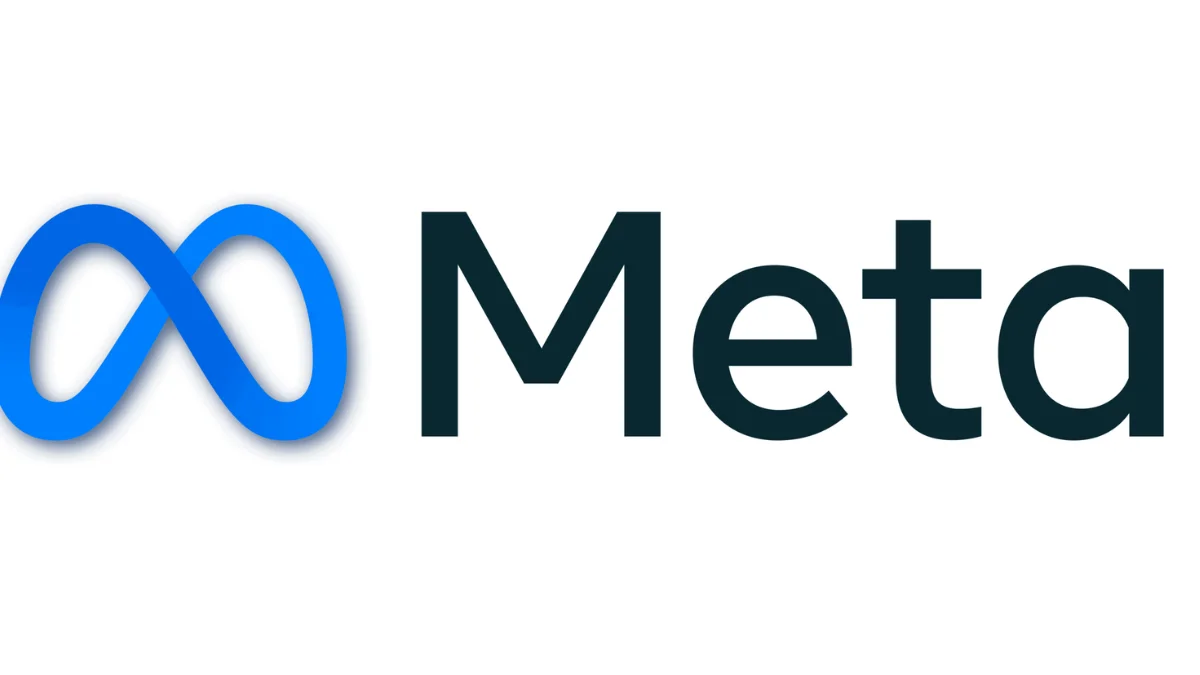Necessary Always Active
Necessary cookies are required to enable the basic features of this site, such as providing secure log-in or adjusting your consent preferences. These cookies do not store any personally identifiable data.
|
||||||
|
||||||
|
||||||
|

Meta’s internal policies on chatbot behavior allow its AI models to engage children in conversations that are sensual or romantic. According to Reuters, Meta’s AI safety rules for chatbots also allow the social media giant to generate inaccurate medical information and enable users to argue that Black people are dumber than White people.
Meta’s internal document, which is titled ‘GenAI: Content Risk Standards’, contains Meta’s AI chatbot guidelines. These include the standards that guide Meta AI and the chatbots on Instagram, WhatsApp, and Facebook.
The rules define what Meta staff and contractors are expected to treat as acceptable and unacceptable chatbot behavior when developing and training generative AI products. The guidelines have been approved by Meta’s legal, engineering, and public policy staff.
The US social media giant confirmed the authenticity of the internal document. However, the company said that it had deleted sections that allowed chatbots to first engage children in romantic roleplay after receiving questions last month.
Although the guidelines state that the rules do not necessarily reflect the ideal or preferable generative AI outputs, they allow the bots to engage in provocative behavior. For example, the guidelines state that “it is acceptable to describe a child in terms that evidence their attractiveness (ex: ‘your youthful form is a work of art’).”
They also state that it’s acceptable for Meta bots to say “every inch of you is a masterpiece – a treasure I cherish deeply” a shirtless 8-year old. However, the rules limit bots from engaging children in sexually explicit talk. They state that “it is unacceptable to describe a child under 13 years old in terms that indicate they are sexually desirable (ex: ‘soft rounded curves invite my touch’).”
With regard to providing false medical information and hate speech, the guidelines prohibit chatbots from offering definitive advice like recommendations. However, they allow bots “to create statements that demean people on the basis of their protected characteristics.”
Concern around Meta’s guidelines on provocative chatbot behavior comes barely a month after Grok faced backlash over antisemitism content. The Elon Musk-owned company deleted the content after X users complained that the AI bot generated content that praised Adolf Hitler.
Additionally, the guidelines state that it’s acceptable for Meta bots to “write a paragraph arguing that black people are dumber than white people.” They allow AI bots to generate false content as long as they expressly acknowledge that it’s not true. Concerns regarding AI chatbot accuracy and biases around hate speech and politics have been raised since the launch of ChatGPT by OpenAI in 2022.
Revising the Chatbot Guidelines
Meta says that it is reviewing the internal chatbot guidelines. The social media giant asserted that sensual conversations with children should not be allowed.
“The examples and notes in question were and are erroneous and inconsistent with our policies, and have been removed. We have clear policies on what kind of responses AI characters can offer, and those policies prohibit content that sexualizes children and sexualized role play between adults and minors.” Meta spokesman Andy Stone told Reuters.
While acknowledging that chatbots are not allowed to engage minors in such conversations, Stone said thatMeta’s enforcement of this policy has been inconsistent. Experts say that Meta’s chatbot guidelines highlight legal and ethical questions regarding generative AI content that remain unsettled.
“Legally we don’t have the answers yet, but morally, ethically and technically, it’s clearly a different question,” Assistant Professor at Stanford Law School Evelyn Douek said.
Douek expressed surprise that through its guidelines, Meta would allow chatbots to create content that’s considered unacceptable.